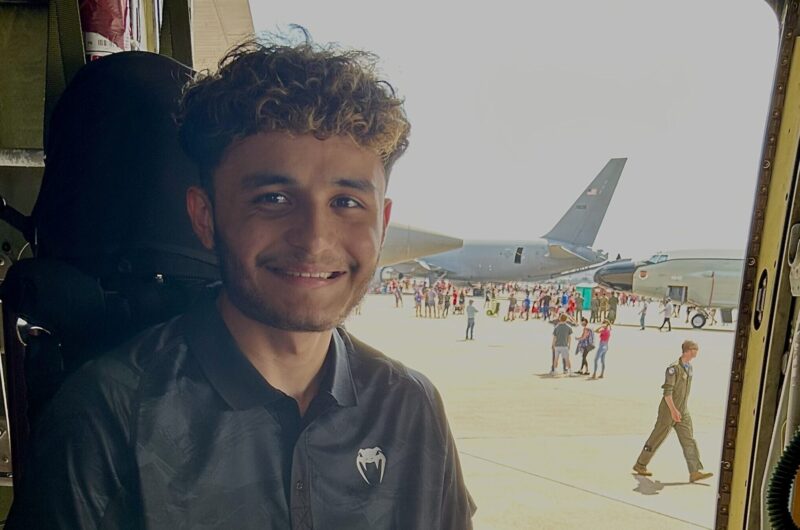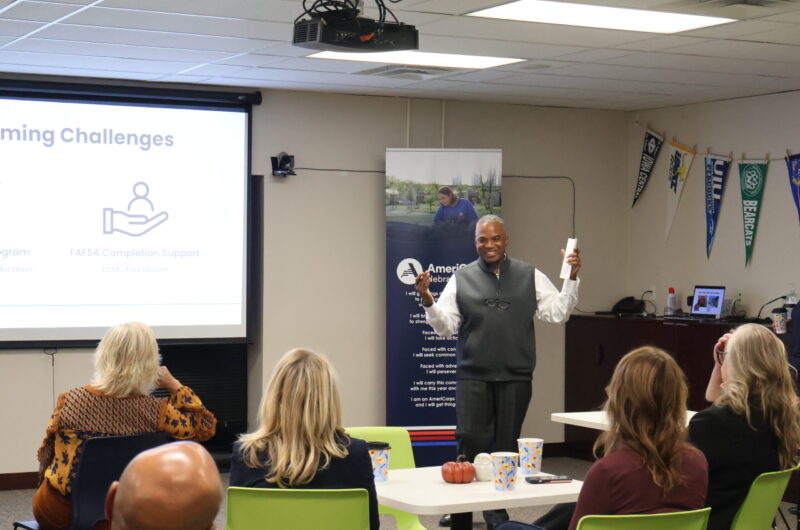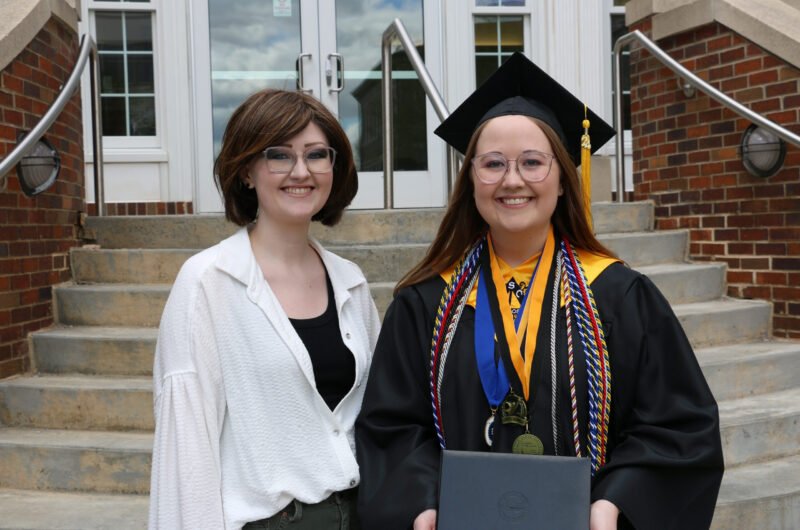College Possible Omaha recently hosted a screening of the documentary, Borrowed Future, covering the student debt crisis in the U.S. It sparked critical discussions on funding options for aspiring college students, and the importance of College Possible coaches in securing scholarships and resources to minimize student debt.
Access coach Liz prompted the audience with thought-provoking questions before the screening, delving into diverse perspectives of the American dream among the students we serve, many of whom come from immigrant backgrounds. For many of these students, higher education symbolizes an opportunity for success and greatness inherent in the American dream, albeit at a considerable cost. With college tuition skyrocketing by 153 percent in the last forty years (adjusted for inflation), many students are compelled to resort to student loans to finance their education, intensifying the burden of realizing their aspirations. (Bankrate, 2023).
Following the screening, the Omaha team engaged in a robust discussion, offering solutions and alternatives to student loans. Jasmine McCain, recruitment and training manager at College Possible Omaha, emphasized the importance of students persistently applying for scholarships, especially if they haven’t secured a full ride initially. “The financial aid package received during senior year of high school is not meant to be a life sentence,” McCain shares.
Many students are unaware of the possibility of continuously applying for scholarships throughout their college journey, presenting ongoing opportunities to mitigate the need for loans. McCain offers a proactive approach, “The goal should be to gamify the experience, striving each semester to lower the cost of college. Maybe that means dedicating a few hours to scholarship searches one week, followed by applying for those scholarships the next week, and then repeating this cycle consistently month after month until the cost of attending college becomes either free or significantly reduced.”
How College Possible coaches help students secure educational funding
In aiding students to explore alternative avenues for financing their education, college access and success coaches meticulously compile a list of scholarship and grant opportunities, finely tuned to meet the unique requirements of College Possible students. Notable scholarships accessible to Omaha high school students include the Goodrich scholarship, the Susan Thompson Buffett scholarship, and the Regents scholarship, alongside broader options applicable to universities nationwide.
Amidst their efforts in sourcing scholarships and grants, access coaches also play a pivotal role in guiding students towards identifying colleges that align with their individual needs and circumstances. This collaboration involves compiling a comprehensive list of potential schools, considering factors such as social environment, academic curriculum, career outcomes, and crucially, the financial cost of attendance. By facilitating this process, coaches empower students to make informed decisions regarding their educational journey, steering them towards institutions that offer affordability alongside academic excellence.
According to a recent National College Attainment Network analysis, the high school class of 2022 left about $3.6 billion in Pell Grants on the table by not completing the FAFSA. College Possible coaches guide students through the intricacies of the FAFSA application, ensuring that no eligible aid opportunities are overlooked. By addressing barriers to FAFSA completion and maximizing access to federal aid resources, College Possible encourages students to leverage all available avenues for financing their higher education aspirations. (National College Attainment Network, 2023).
The screening of Borrowed Future served as a catalyst for meaningful dialogue surrounding student debt and financial literacy. As College Possible Omaha continues to empower students from underserved communities, events like this underscore the importance of equipping students with the resources and support necessary to pursue higher education without the burden of overwhelming debt.



